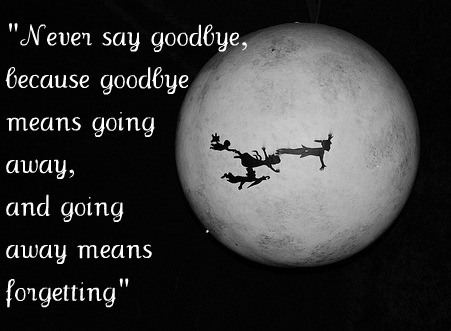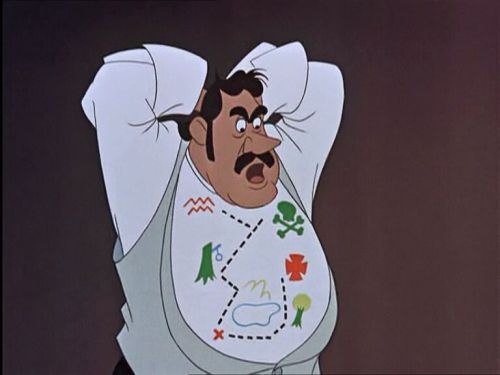Recently, I found myself sitting with a teenage girl after she had requested
to speak with me about her failed attempt to communicate her needs. With an
agitated affect, and a irritated tone, she explained her situation to me. She
had, on top of all her significant life and environmental stressors,
experienced a normal and typical adolescent setback.
Under most circumstances, this setback would have been manageable. Any other
typically developing child would have addressed their concerns and had their
needs met in a relatively short period of time. For this child it was the
proverbial straw that broke the camel’s back. Although, when you consider her
trauma history, this young girl actually handled it quite well. She reported
her concerns to an adult, and developed a reasonable plan to address them. Unfortunately,
the adults did not communicate the plan with one another, and this girl, whose
hopelessness and despair frequently results in depressive mood and self-harm
behaviors, did not get her needs met. She instead got stuck defending herself
to one adult, when the first had left without explaining the circumstances. The
subsequent dispute, spiraled into an argument that evolved into a power struggle,
and ended in undesired consequences. Then, she cried out for a therapist, and
that is when I entered, as one adult was trying to explain a convoluted
miscommunication to a teenager who'd lost all hope.
I stepped in, pulled her out of the stressful environment, and into a quiet
room. We sat on the backs of chairs and looked out the window as she explained
the entire scenario to me. I nodded along and reflected to the best of my recently
conferred master's level ability. Then she finished her story. The room went
silent. She hung her head, picked at her finger nails, and waited for my little
bit of wisdom. After what felt like an eternity, I said the only thing I
could think of.
"This sucks."
At first, I felt horrible. Here I am: the newly anointed therapist with fresh
education. I had been coaching this kid on using her assertive communication
skills for weeks. I come into a confusing situation, and all I can say to her
is "this sucks."
What the hell did I think I was doing? She needed
answers, and I was giving her nothing.
So, I combed my mind, trying to come up
with something,
anything, that solved
or explained the situation. We sat in silence again. She shifted on the
back of her chair, tracing the crease of the material with her finger as she
moved. Clearly she was done talking. It was my turn now.
I watched her tilt her head as she peered out the window; avoiding my eye
contact.
Think of something, I thought to myself,
anything.
Don't
let her give up, not now. But, every intervention I devised felt like
a lie. The truth was this was a real life issue. No matter what level of care
you require, or how out of control your emotions are, there's always going to
be the potential for others to let you down and that sucks. So, I told her
that.
I said, "I can tell how hard you tried to communicate your concerns,
and it's really frustrating to hear that the adults involved let you down. That's
not fair." I went on to tell her how proud I was of her attempts to solve the
problem. I reflected that the resulting scenario probably felt like a failure
that brought about consequences she didn't want. Ultimately, my final message
to her was probably more for me than anyone else. Though, I think it helped us
both.
I told her that we can't control what other people do with the information
we give them. All we can do is try our best to control what comes off on our
end, and that's why it's important to keep at it. You've got to practice the
skills to get better at them, but no one can promise that you'll always be
successful. Sometimes, despite our best efforts, things don't work out. That's
when it sucks the most. When we tried really hard, did everything we could, and
it still didn't turn out right. But, if we keep on trying, one day we will
limit those interactions as much as possible, and our successes will outweigh
the setbacks.


 I work a 9-5 now. I got home at 6:45pm today. I could have stayed later. I should have stayed later.
I work a 9-5 now. I got home at 6:45pm today. I could have stayed later. I should have stayed later.














